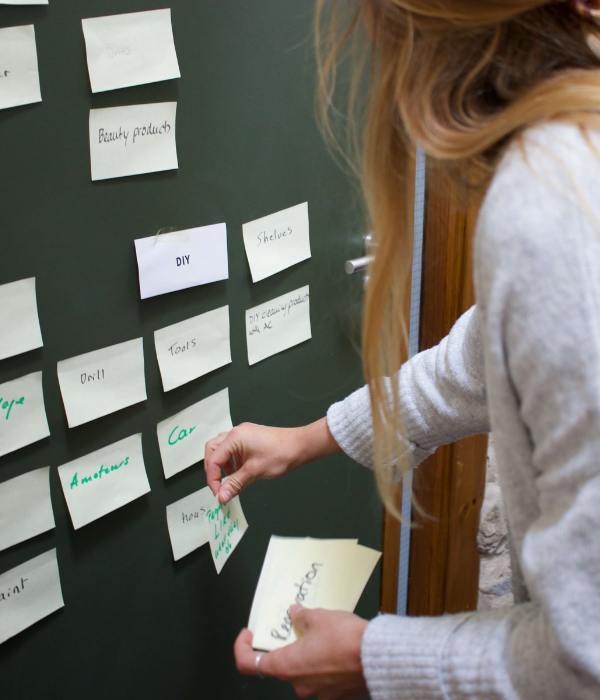DEAL Impact
The project is designed along a long-term sustainability strategy. The partnership, due to its experience and geographic distribution, is well determined to bring a strong and sustainable impact with the project’s activities and results; therefore it has considered the following expected impacts:
We are convinced that it is very difficult to “learn” digital competences. They have to be acquired in interesting learning arrangements. This is the advantage of Adult Education in Comparison to more qualification-oriented courses.
Hence the DEAL concept connects the aforementioned central AE domains (integration courses, transcultural courses, health, cultural and political education and age-sensitive learning with digital learning and collaboration formats. This way the digital competences will be acquired in a kind of side effect, maybe even in a playful way. The common denominator of the courses is that digitalisation is a means to reach the other (learning) objectives, like the discovery of the region or the cultural treasures with the help of digital tools, researching phenomena, looking for assistance, joining with like-minded political action groups, etc.
This way the central target group, the adult learners, will be reached and connected to digital tools and instruments – and eventually also develop their digital competences in a tailormade and motivating way.
As the second target group DEAL is addressing educational professionals in formal, informal and non-formal fields of AE. Teachers, trainers, learning facilitators will be addressed through a thorough qualification. A (certified) qualification will improve their job security or their chances in the labour market in general. As qualified personnel, they will be able to introduce the theme of digital literacy and digital education in their educational institutions and become “innovators” on their jobs.
It is important that they stick to their domains (migration, culture, health, political, etc.) in order to apply digitalisation in those teaching contexts that they are assigned to and that is their area of interest.
They will be supported in their daily routine through the European network that will constantly update and further develop concrete tools and instruments, like learning units, competence descriptions, assessment tools and other relevant materials.
They will be enabled to combine OER available in their sector with validation instruments via rich learning and validation environments.
This group (if it can be treated as a discrete category, or professionals who design courses, qualifications) will have a specific benefit since they can collaborate with like-minded institutions and share the concepts and developed instruments. By now this exchange is hardly possible since specifications are missing that allow joint actions. Developers and learning designers can browse through catalogues of available units, learning outcomes, competence and learning project descriptions and adapt them to their needs (if authorised by the editors). With the help of learning agreements and memorandum of understandings (which are of course also items of the specifications) and sound metadata systems also corresponding multilingual descriptions can be established that would facilitate mobility, transparency and comparability of learning outcome and competence descriptions.

